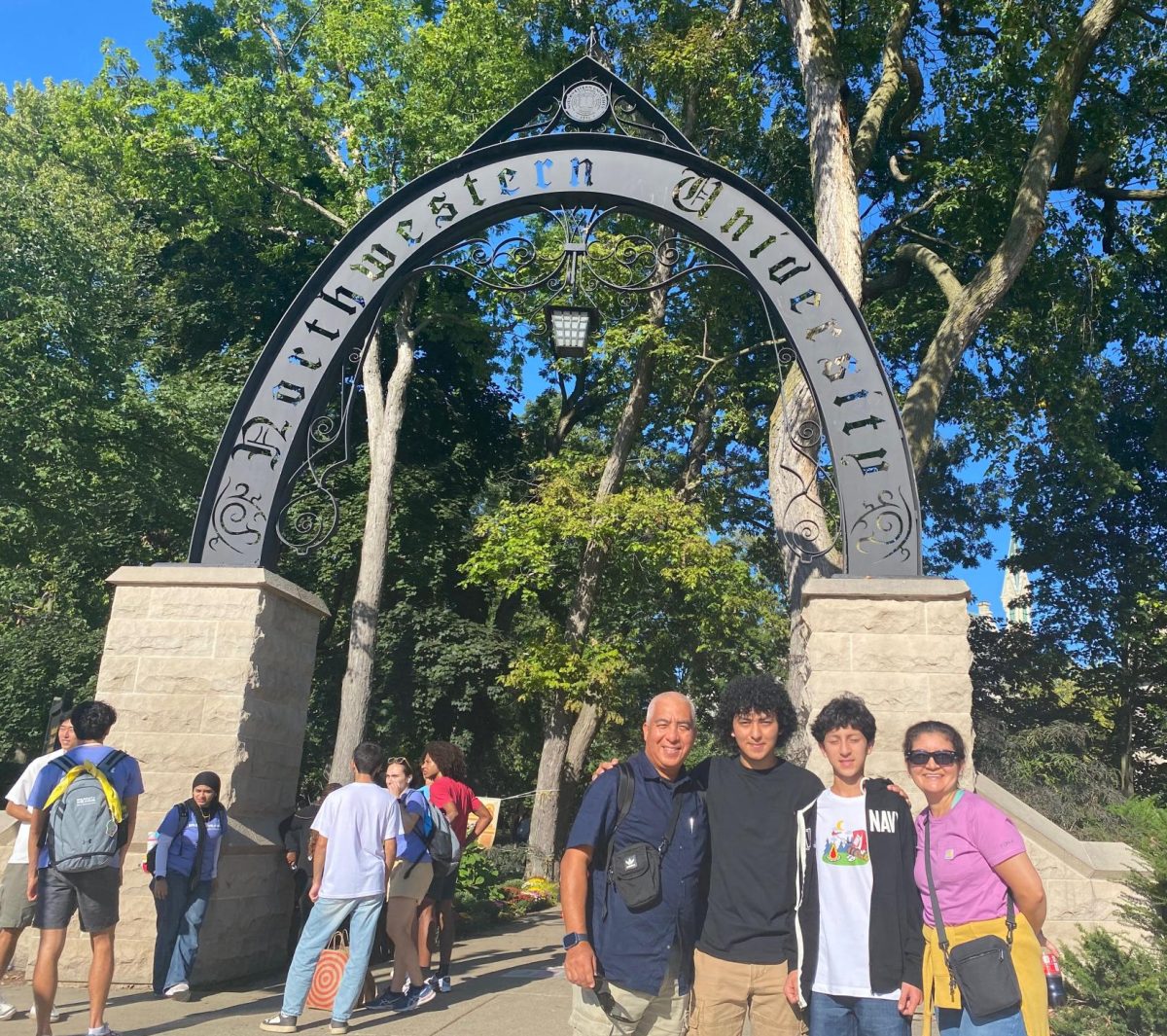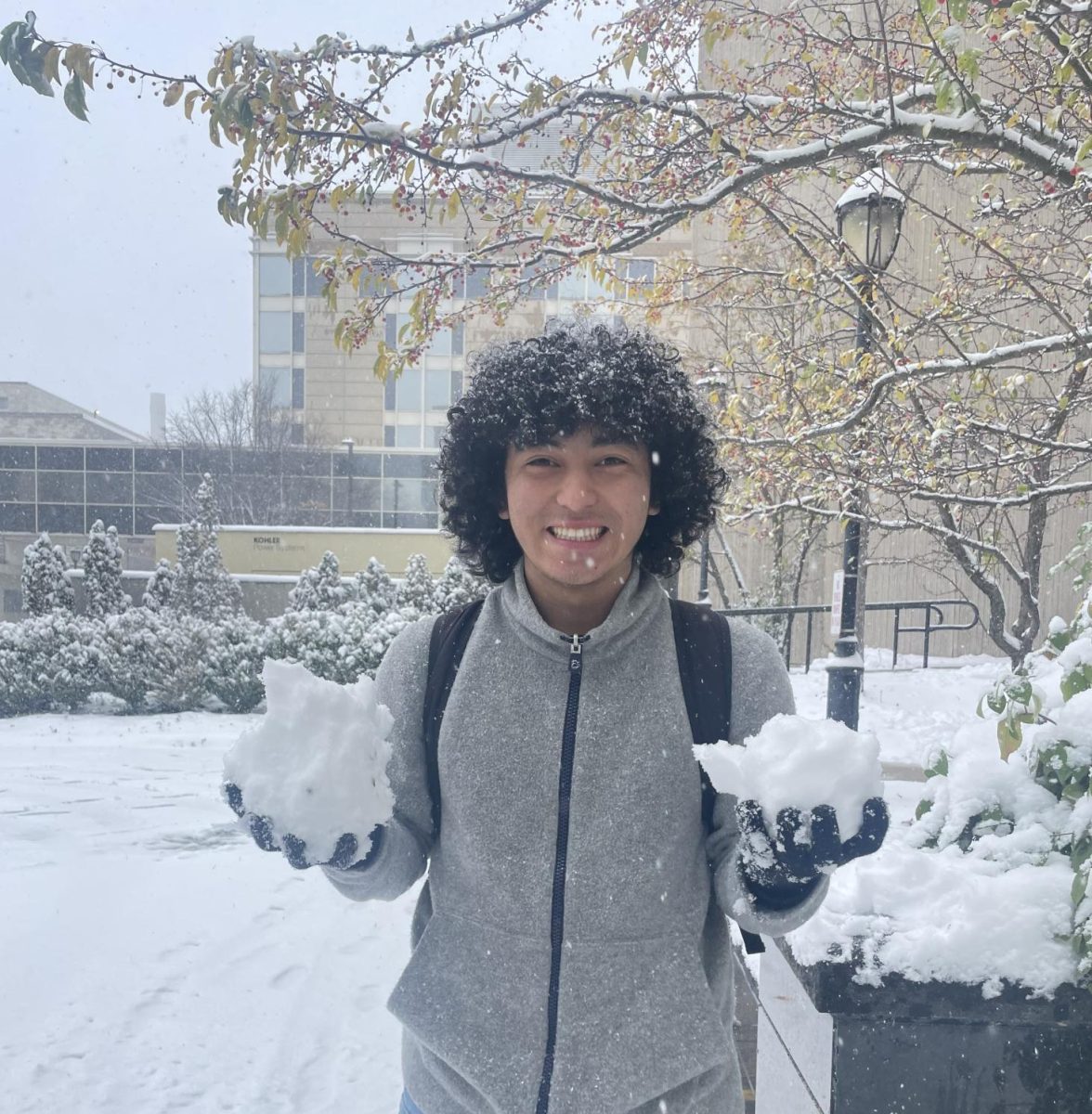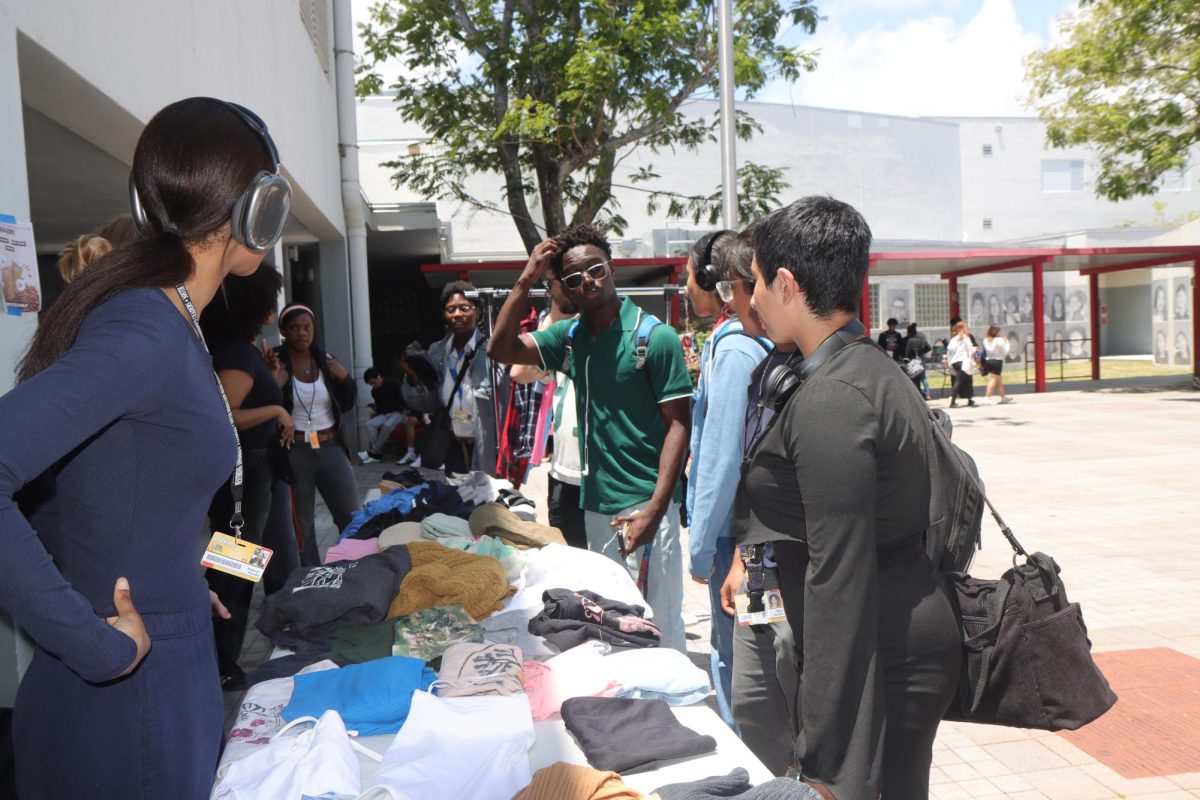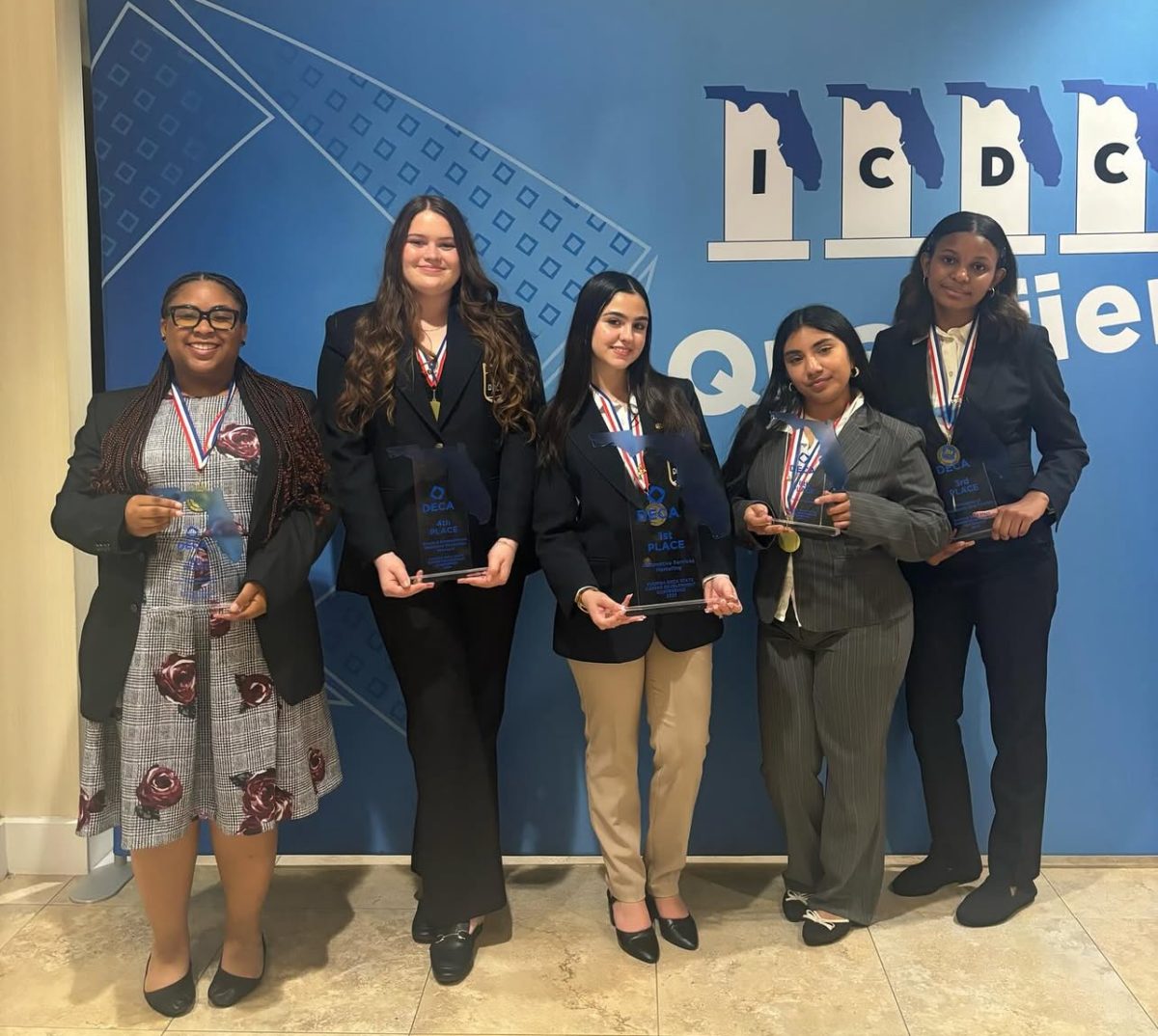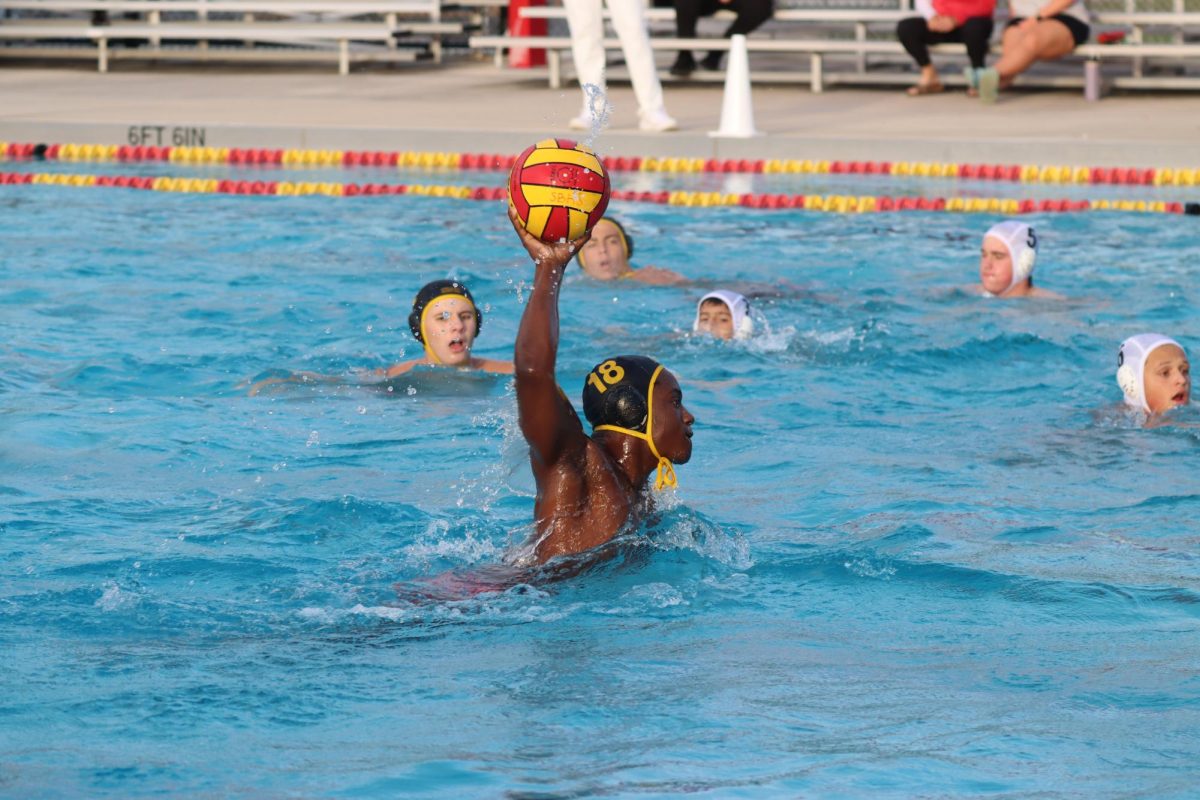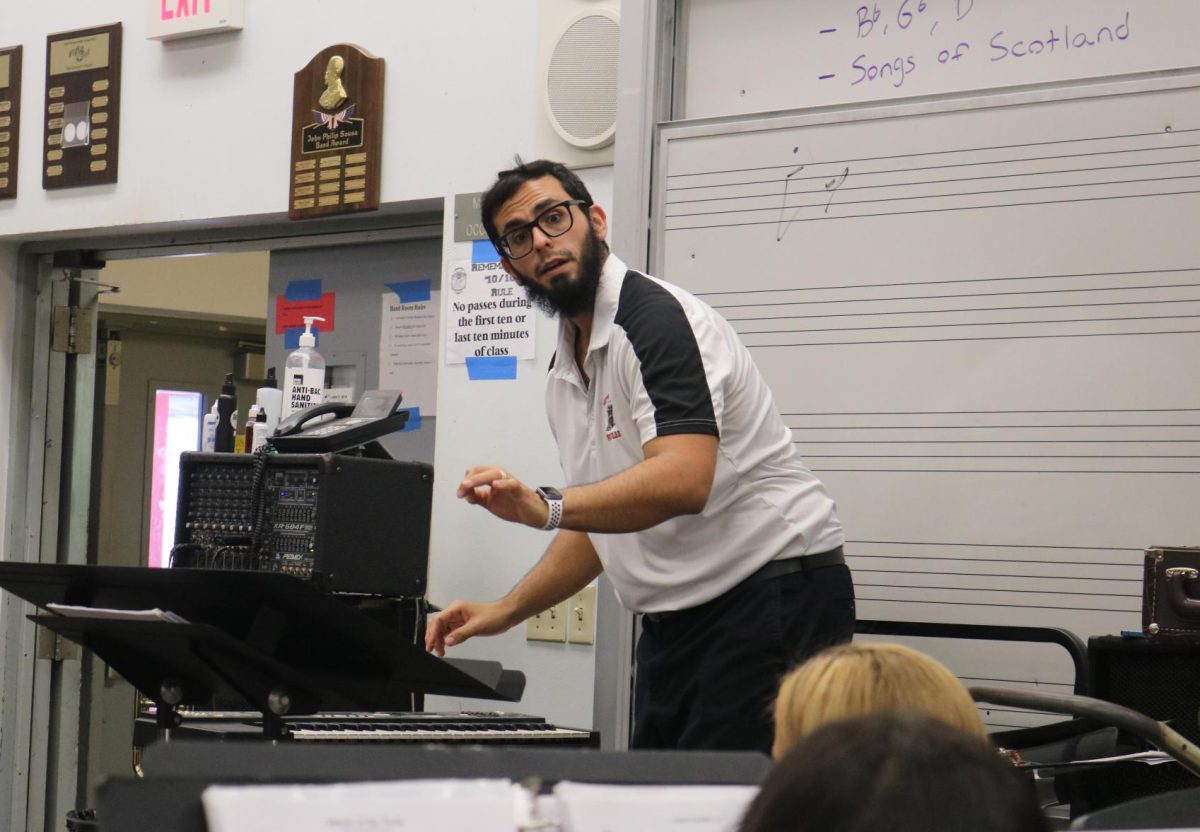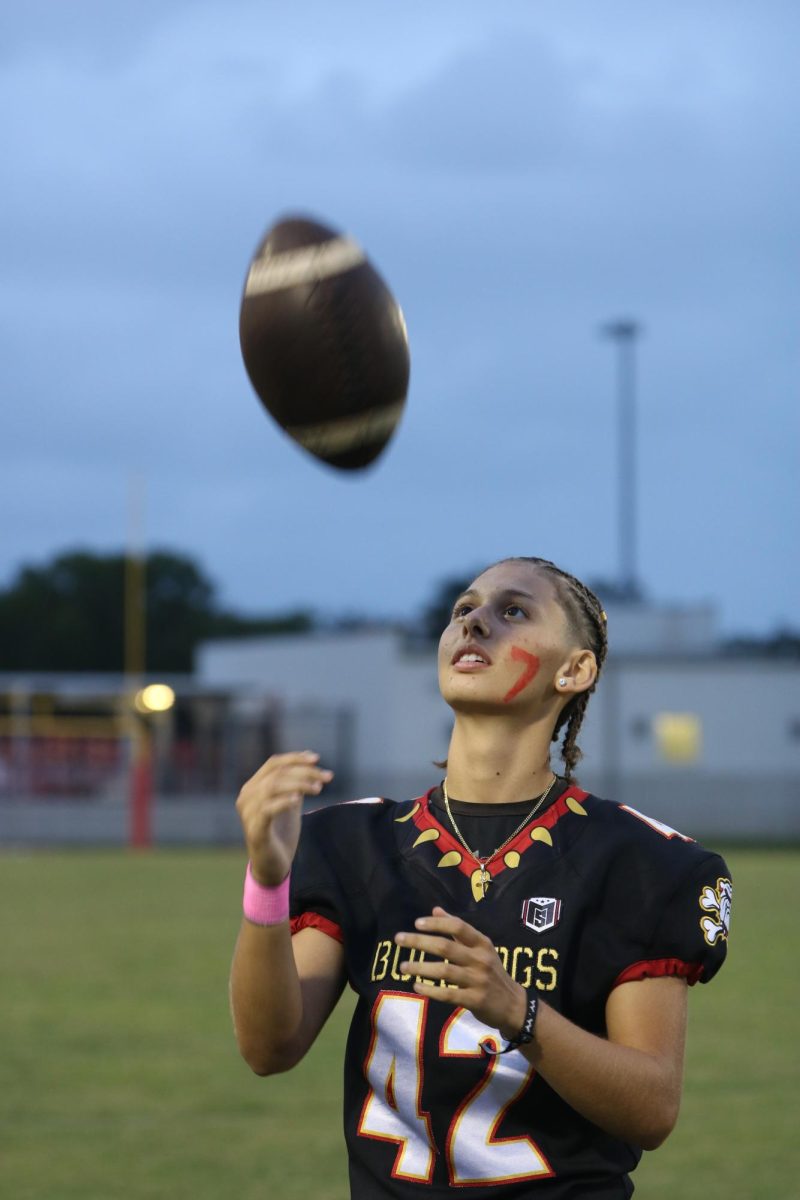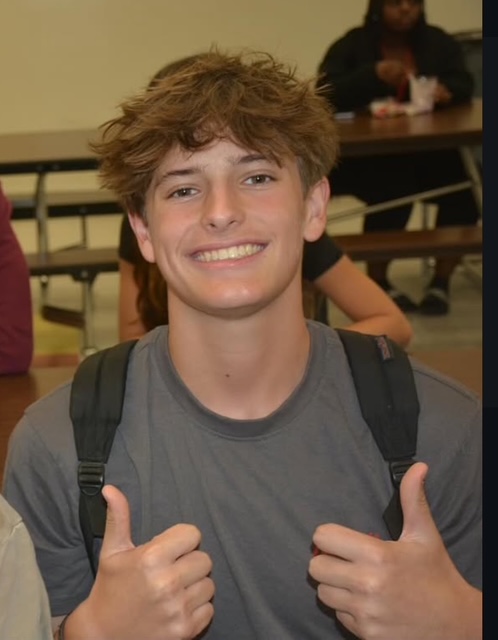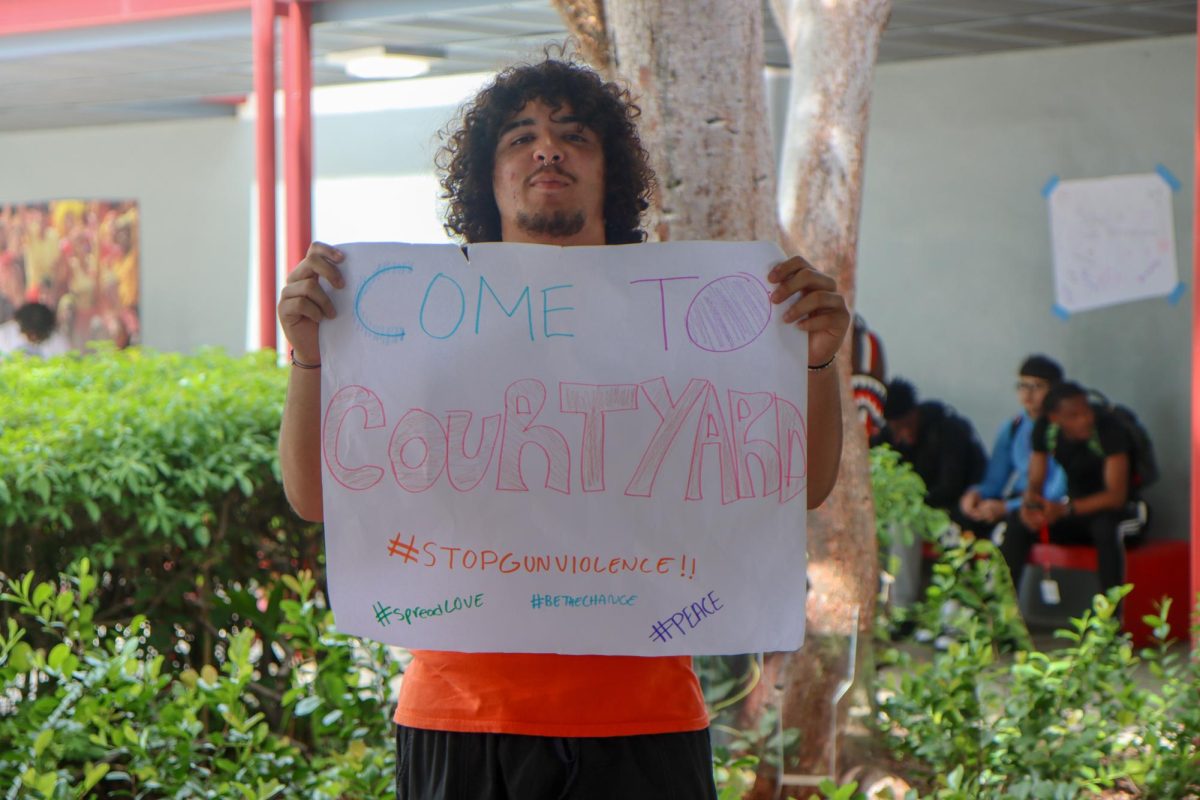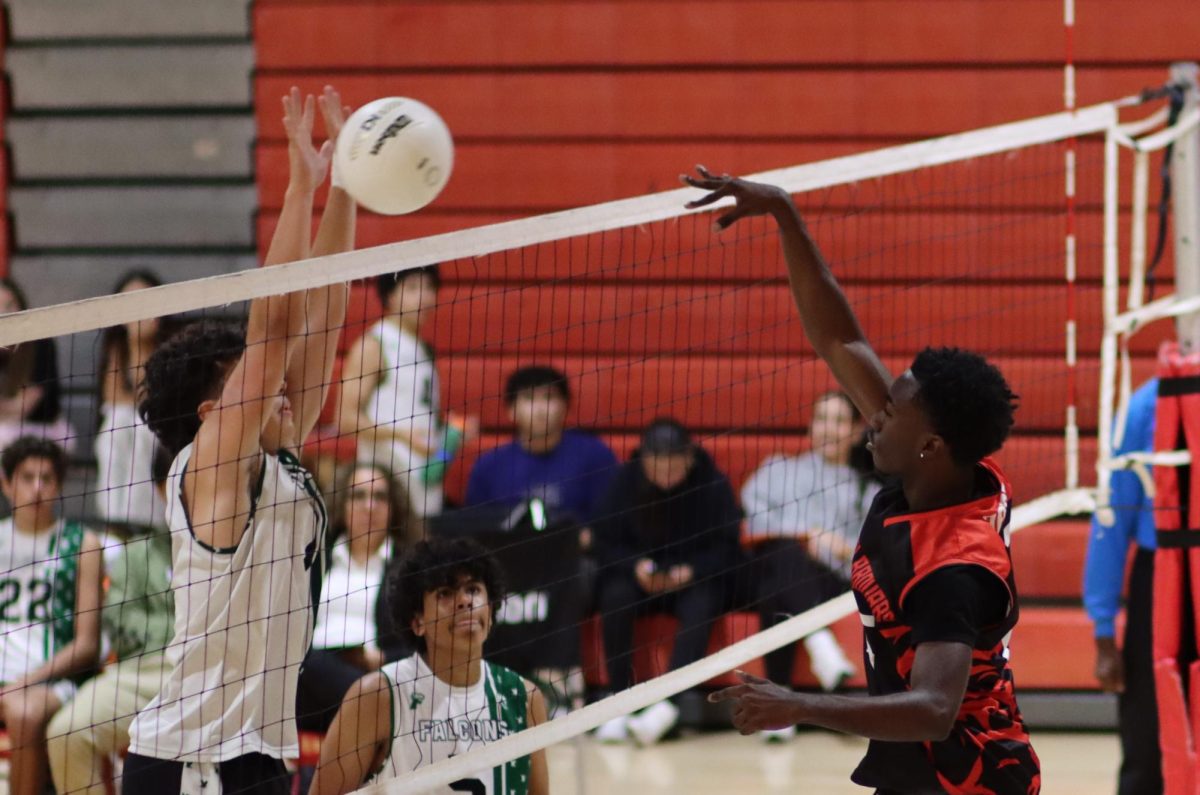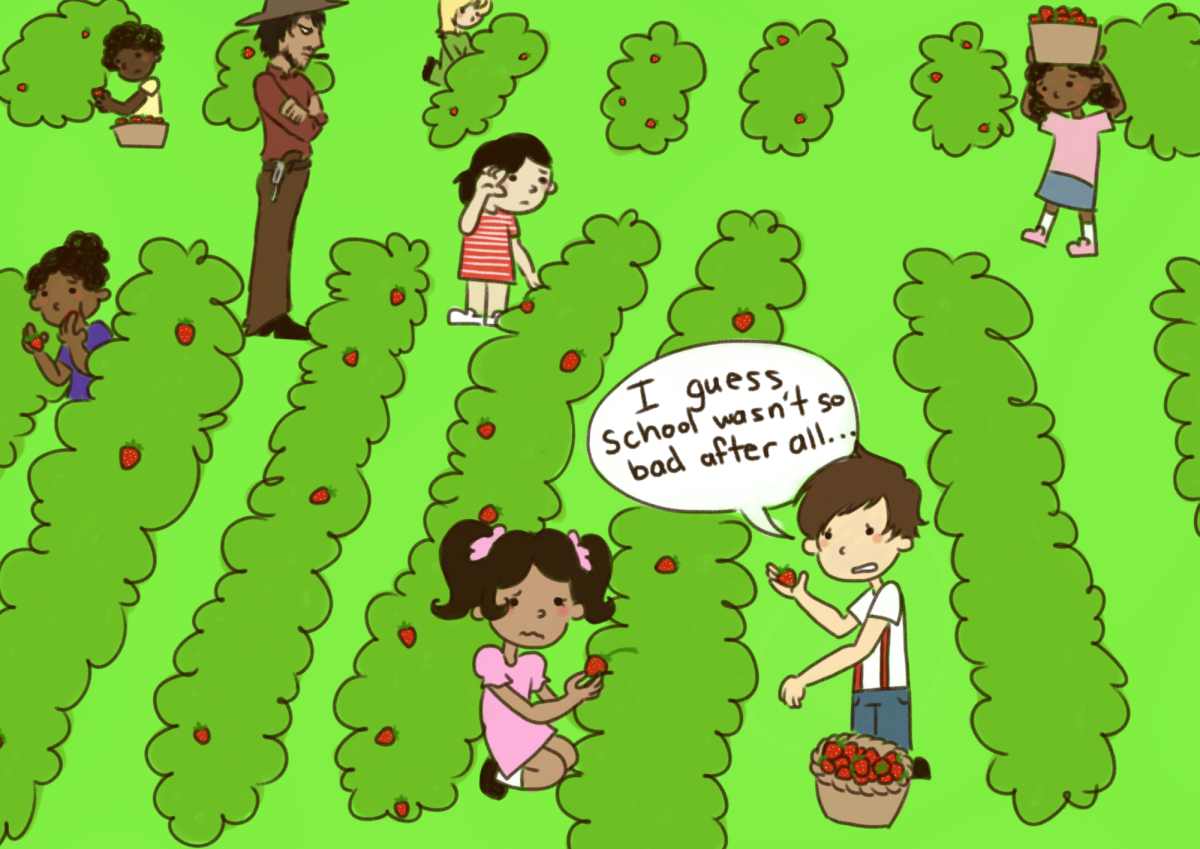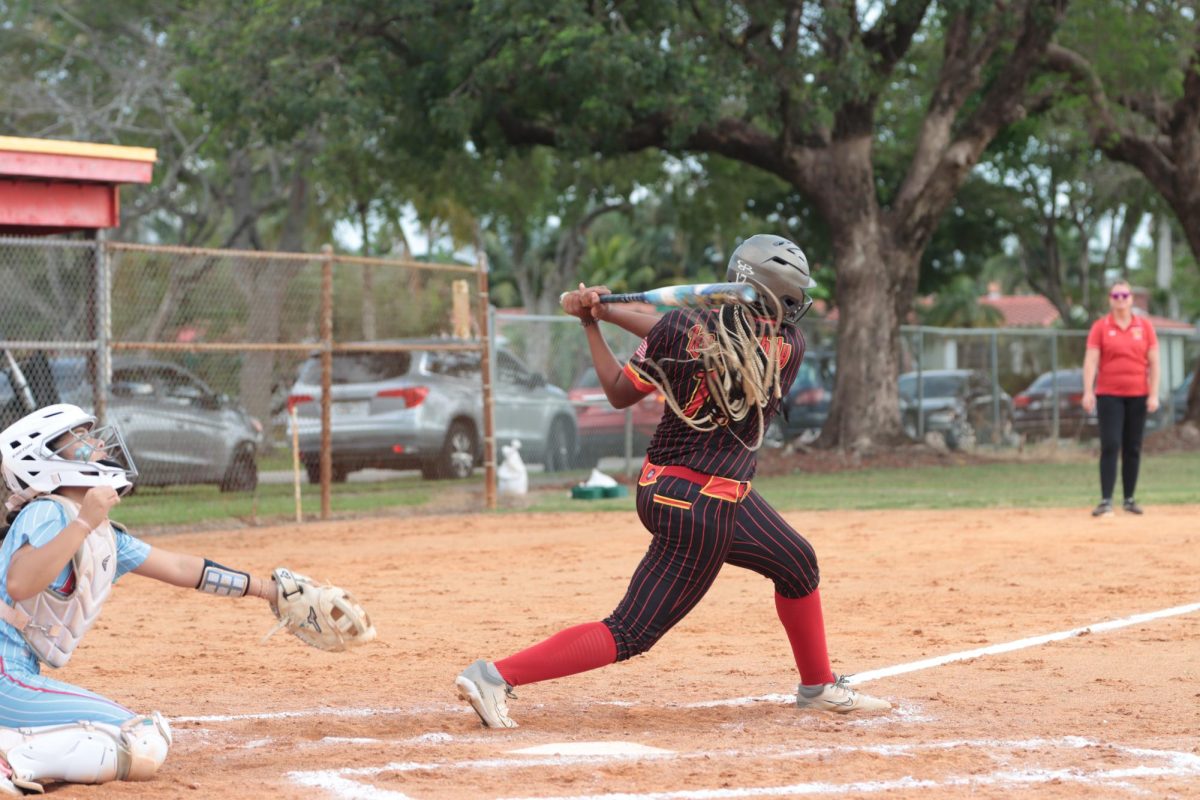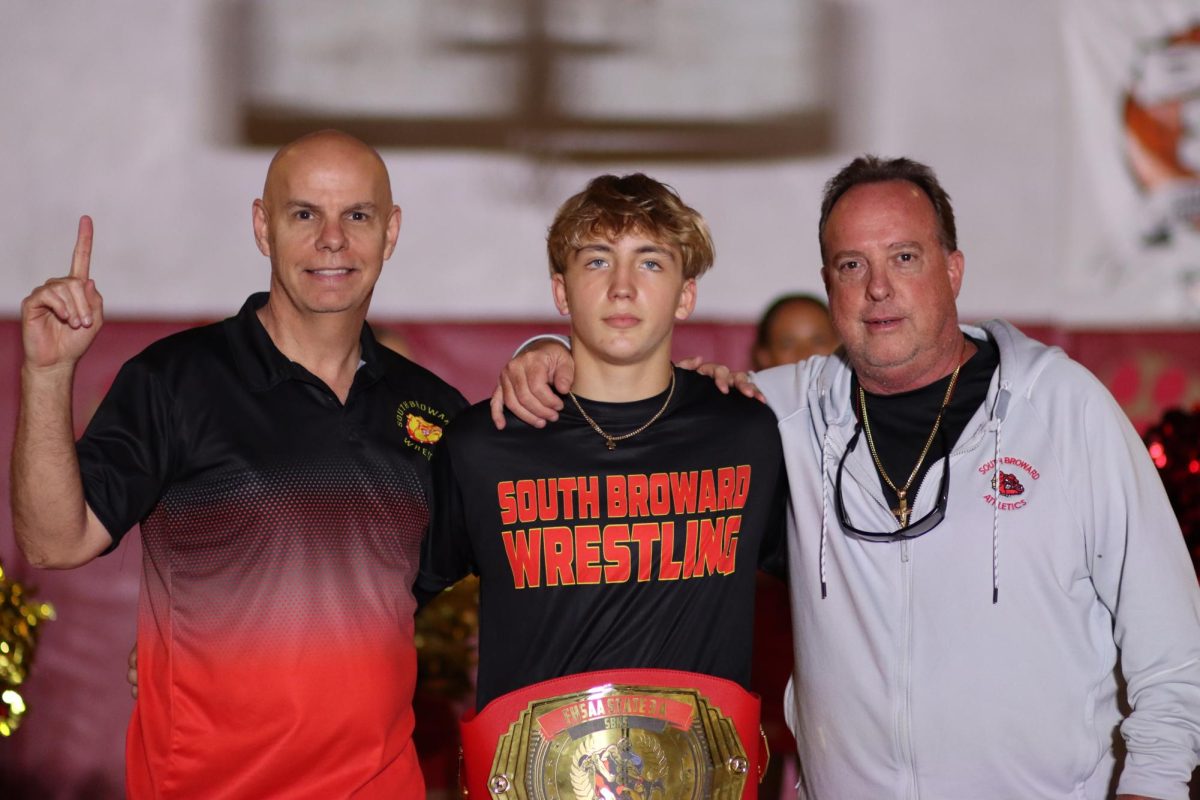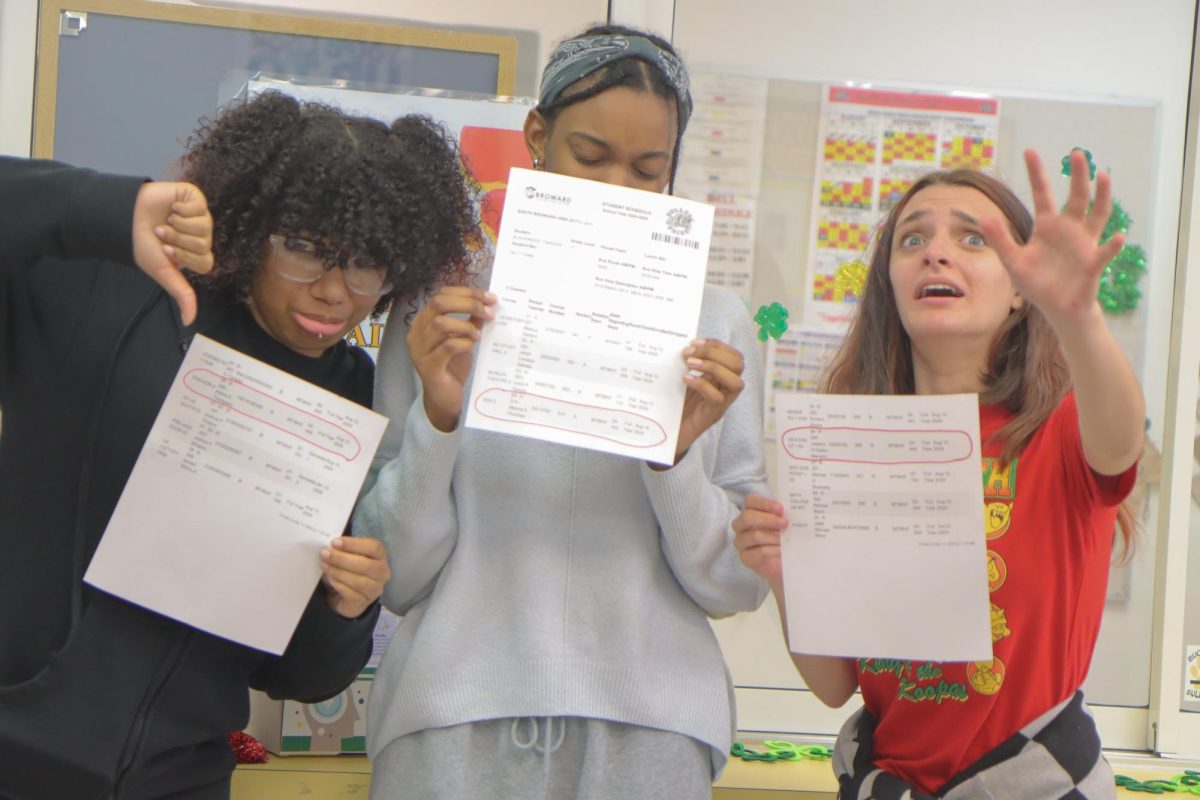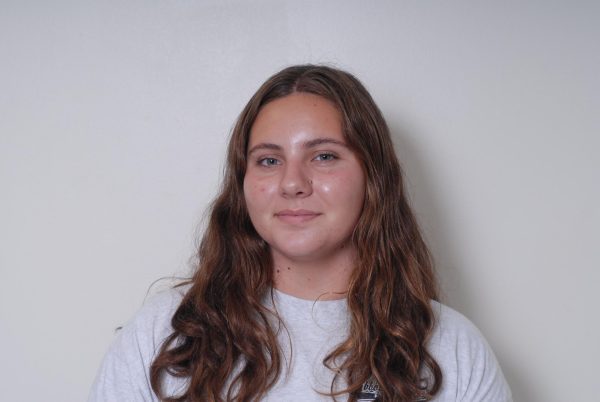Diego Figueroa was living the dream. The SBHS alum had grown up disadvantaged. The child of immigrant parents, he had worked hard in school and last year received a QuestBridge scholarship, including tuition, room and board, to prestigious Northwestern University in Evanston, Illinois.
“My parents would’ve never been able to afford to send me to Northwestern,” said Figueroa. “If I didn’t get this scholarship, I would have gone to the local community college and been working as a soccer referee and soccer coach on the side.”
Wanting to fully integrate into college life, he decided to join two clubs: the Triathlon Club and NU World Cup, a student soccer club. But, he was stunned by the club fees.
“The dues for both were $215. I applied for an activities fund that only gave me $175, so I only joined the one I did have money for, which was the World Cup one, and I returned the money to the school,” said Figueroa. “If I joined the Triathlon club, I would’ve had to buy a bike. Having to spend my own money on stuff I would only use up here was not very convenient.”
In an effort to increase campus diversity, many distinguished universities offer students from lower socio-economic backgrounds a chance at a cream of the crop of education, with full-ride scholarships. It significantly reduces the cost of attending highly respected universities and colleges. But, it can come at another cost – economic isolation.
Figueroa isn’t the only SBHS alum to feel somewhat out of place at their prestigious university. Two years ago, AJ Jaramillo received a full ride to Syracuse University. With an average annual cost of almost $80,000, a student or their family will spend close to $320,000 for an undergraduate degree. Initially, she found herself surrounded by students who gave no thought to money.
“Even going to the mall or even going to get groceries outside of campus is super difficult, you have to commute and to do that you have to have a car,” said Jaramillo. “I can’t really hang out or I can’t really go out to places and you see other students doing that freely without batting an eye.”
Figueroa has had similar experiences and observations.
“You see people wearing different Canada Goose jackets every other day. They cost at least $1,000. I sometimes see students wearing one one week and then the same student wearing a different one the following week. That’s, like, a jacket that I would spend all year saving up for just one. Or, seeing them buy new Uggs, because the old ones got wet, simply because they have the money to buy it, that makes you go, ‘Oh, wow’,” said Figueroa.
Feeling the socio-economic disparity is something two other graduating seniors from South Broward High School may confront. SBHS senior Daniel Reynolds will be attending Duke University on a full scholarship also through the QuestBridge program this fall. Reynolds already recognizes the disparity. He thinks that because a lot of students’ parents are alumni of prestigious universities, they got a leg up with initially getting in the door.
“With their family background, they have more opportunities. Whether it is with study materials or resources,” said Reynolds. “A lot of the kids paid thousands of dollars for SAT or ACT tutors to get high scores.”
According to the New York Times, Duke University is one of the least economically diverse colleges in the United States. Reynolds sees that disparity as continuing when he gets to Duke. But, he’s not worried.
“People will definitely be different than the ones at South Broward,” said Reynolds. “But, over time I’ll get used to it and I’ll find my people.”
As well, SBHS senior Jayla Clement will be joining Jaramillo at Syracuse University through the Posse Scholarship program. But, she doesn’t really think that the transition from a public high school to a private university will have much effect on her.
“I’m a little scared because a lot of people can actually pay to be there, so they would definitely be on a different status,” said Clement. “But, I’m really good at blending in. I think it might be difficult at first, but I’ll get through it.”
There is one difference for Clement. Her scholarship program recognizes the exact problem of socio-economic disparity for students from diverse backgrounds. And, it tries to do something about it.
Part of the Posse Foundation’s mission, indeed, its founding purpose, is to create a support system so that students of varying economic and cultural backgrounds don’t feel left out. A lot of times students get the scholarship, can’t make connections, don’t fit in on a socio-economic level, and then drop out.
Posse recipients at the same university have monthly meetings that serve as quasi-support groups where students can share experiences, vent frustrations and just plain socialize. It’s part of Clements’ scholarship requirement that she attends. With this method, the Posse Foundation and its affiliated colleges boast a 90% graduation rate for participating students.
“It’s actually cool. I see the people in person, which I think is actually very important to the process,” said Clement. “ Seeing people, interacting with them, laughing with them, learning their personalities. It’s all very important and I like it a lot.”
Although Jaramillo and Figueroa don’t have access to a group that specifically pulls together students like them in a support group, both have advice for their fellow SBHS alumni on how to deal with their new environment.
Figueroa has seen extreme competition at Northwestern and feels it can make students doubt their own ability and intelligence. It made him question whether he even belonged at the university.
“I am always surprised at how many people are insanely smart and many are already experienced in the fields they want to go into,” said Figueroa. “Imposter syndrome can develop from this. Luckily, I have partaken in programs that have allowed me to learn about this before it was ever in the picture.”
For Jaramillo, whose parents are from Chile, the hardest part is being away from her family. But, she finds solace in the school’s faculty.
“I miss the family laughs and good moments,” said Jaramillo. “Something good about going to school at Syracuse is that the professors are just honest with us. One of the main things here [Syracuse] for me is the professors. They do an amazing job.”
Even though it was an initial shock, Figueroa is working through the change and adjusting well to life at Northwestern. He wants to let students like him know that they belong.
“It is important to remember that we all went through the same admission process,” said Figueroa. “All of us are here because we deserve to be here. Because admissions thought we deserved it.”


